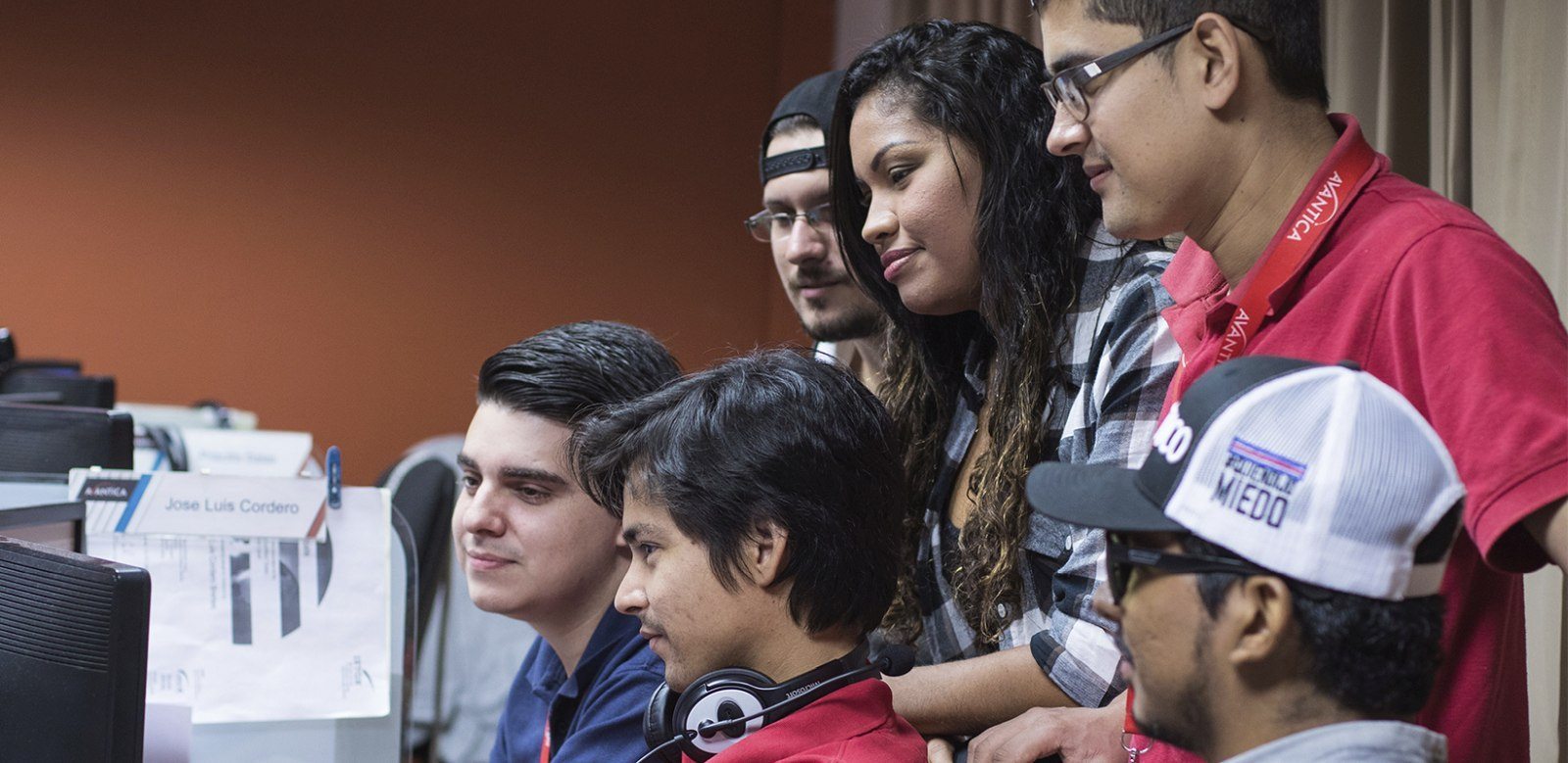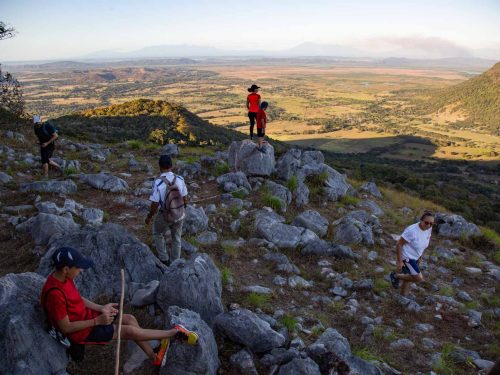
If you are reading this article and you are about to choose a college major in Guanacaste, it’s very likely that tourism, administration, education or law are on your list of options.
It’s understandable. According to the IV Report on the State of Education, which has a special chapter this year on the Chorotega region, the majors mentioned above are those offered by the majority of Guanacaste’s public and private universities.
We are used to seeing them as the majors that Guanacastecans should enroll in if we want to find a solid job. But if we think about the future of the region, how strategic is this? Not very.
At one point, these majors responded to the demands of the labor market and the province’s particular characteristics, such as the large number of tourists that visit each year. But nowadays they are insufficient to affect change in Guanacaste’s development model.
It’s not that tourism is going to dry up, but boosting talent in technology and innovation could yield better results in the fight against poverty in the province, which has the highest poverty levels in the country (23.6% vs. 20.5% nationally, according to the National Statistics and Census Institute INEC).
“Employment continues to be lacking and of low quality,” said Luis Guillermo Carpio, rector of state university Universidad Estatal a Distancia (UNED). “Poverty levels persist and people keep migrating to San Jose, which shows that what we are offering in this zone, on the whole, is not adequate.”
Director of Invenio University, Henry Segura, said the solution is “to not just talk about tourism, but technological tourism, and not just about a property, but How do I apply technology to my property?”
Some Guanacastecans have already begun to break the mold without realizing it.
Tracy Villafuerte, 30, remembers that, after high school, she was planning on studying tourism. She spoke English well and she know that with a second language and a degree in tourism, which was booming, she’d easily be able to find a job.
But something happened. Since she was good at math, her professors suggested that she study information technology, something she was completely unfamiliar with. She looked into it and discovered that technology could become her passion, so she enrolled in the IT for Businesses major at the of the University of Costa Rica’s Liberia campus.
Now she performs software tests at Avantica, an engineering company, which opened in Liberia five years ago.
Not so bad, but…
Universities in Guanacaste have shown incipient efforts to contribute to transforming the province, according to the State of Education report. Engineering and environmental sciences now appear on the list of university majors.
It’s not that Guanacaste is doing things badly. In fact, according to the report, the Chorotega region has the greatest academic coverage and largest selection of studies of all the regions outside the central valley.
Four of the five public universities with nationwide presence have campuses in the province: UNA, UNED, UCR and UTN. There are also eight university institutions and private colleges.
According to the report, the most important task for the province is contributing to the emergence of new majors in areas strategic to local production, which would increase economic opportunities for the local population. Leaders from several universities agree.
Henry Segura, campus director for business university Invenio, founded in Cañas in 2013, believes that the province needs to think long term.
“The current offering of studies doesn’t lend itself to a productive transformation,” Segura said. “It must be understood that the decisions we make in education today have an effect 10 years down the road.”
In fact, his university is the freshest proposal that the province has, given that it offers programs in the operation and maintenance of renewable energy systems and in mechatronic engineering.
In order to determine what majors to offer, Invenio performed an analysis of the zone’s needs in collaboration with local trade and investment agencies Cinde and Procomer.
According to the report, the UCR is the only other university besides Invenio to perform such a deep analysis in order to determine what majors to offer. And that’s where there is a lot of work to be done.
Carpio, the UNED rector, agrees that the academic offerings in Guanacaste must be reviewed and redone if necessary.
“The province was, at one point, betting everything on tourism and the recession (2008-2009) showed that that was a mistake,” he said. “Educating the population in entrepreneurship should be a step we take,” he added.
The report also points out that creating academic options exclusively for the province is a strong point.
For example, they highlight the major in hydraulic engineering that the UNA launched in 2016 and the bachelor’s of science in agricultural engineering with a concentration in irrigation and drainage (and a degree in agricultural production with irrigation) from the UTN.
More investment, more jobs
What’s it worth to have an abundant number of university majors and education in new fields if highly skilled workers keep moving, mainly to the central valley?
That’s where other actors enter the stage such as the government and private companies.
Guanacaste stands out as a province with a high capacity for development and lots of potential for creating jobs. But the injection of new investments hasn’t reached the speed it needs to.
Read: Guanacaste Starts to Exploit Technological Sex Appeal
Although the free trade zones attract a large part of investment to Costa Rica, Guanacaste is outside of that model, with only 1% of the total.
“There may be a country-wide plan that states what is desired for Guanacaste, but it’s not executed,” the director of Invenio said. “There has to be greater consensus across the province where city halls and the productive and education sectors get involved. That strategic plan needs to be expressed.”
Ultimately, the challenge of assuring the pertinence of new academic offerings to local necessities and the demands of the labor market requires greater communication and coordination among institutions of higher education and the entities and companies that play a protagonist’s role in the Chorotega region. The province is doing its homework, but it’s not getting the best grade.







Comments